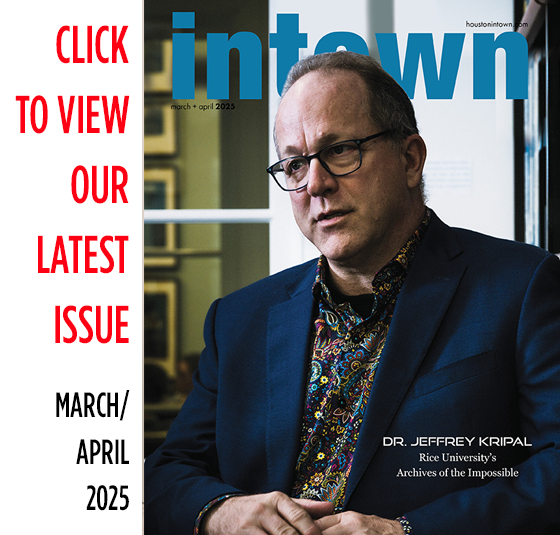
Time was, you worked hard for 30 or 40 years. Your company funded your pension plan, and you likely managed to save some money on your own. Then, at 65 or so, you said goodbye to the working world. At that point, you could look forward to enjoying life without worrying too much about money. After all, those Social Security and pension checks arrived in your mailbox promptly every month, and if you needed something more, you just dipped into your savings.
Somewhere along the way, however, the dynamics of retirement changed so radically that today Americans continue to struggle with the “new realities” of life after work. Those realities, for the most part, no longer include pensions, which have all but disappeared. Nor do they depend on the guarantee of Social Security payments. Instead, they underscore the financial challenges that come with increased longevity and the necessity to be more proactive and self-reliant in preparing for and living in retirement.
Unfortunately, outdated notions of retirement can get in the way of planning for retirement in the 21st century. The mindset of most people is still about getting to retirement, but they haven’t given much thought to what really happens during retirement.
Enough to make it through retirement
That could cause real problems in the future. These days, many people spend their time and energy trying to grow assets for retirement, but it’s not as easy as cashing out those assets on the day they retire and living on them happily ever after. Instead, when they get to retirement, they will have to focus on managing the income stream that those assets produce as well as continuing to grow the assets so they will have enough money to live on for the rest of their retirement.
With a longer life expectancy these days, some retirees could live as much as a third of their life in retirement. If assets don’t continue to grow while income is drawn off of them, they aren’t likely to last as long as retirees will need them; they will run out of money during retirement.
Clearly then, investing can’t end at retirement. In fact, many of the familiar investing challenges remain—balancing investments and managing taxes, as examples—while new ones appear. One of the biggest challenges: no new earned money coming in to invest unless you go back to work. So the only growth that occurs is from the rate of return your assets earn. And the room for error narrows in retirement because you don’t have time to make up for investing mistakes and losses.
Steps to take now
Rather than fear the possibilities of the future, however, you can take steps to help your assets last and ensure your investing activities work for you in retirement. Much of it goes back to what you do before you retire. If you plan properly leading up to retirement, you should know exactly what your retirement will look like. Of all the activities you can and should take to prepare for retirement, three are critical.
Calculate your need for income in retirement and how much of that will need to come from investments. If you know what your income need is and you know what your other sources of income are, such as Social Security or something else, then you can determine the gap you need to fill from investments.
How aggressive or conservative you can be as an investor is somewhat determined by how much income you’ll need. You can back into the calculation by determining how much you already have in assets, how much income you’ll need to generate from those assets every year and how many years you’ll need that income to keep coming.
Pay off debts before you retire, even if it means working longer to do so. Whether debt includes liabilities from a business, credit card balances, a mortgage or something else, get it out of the way before retirement to minimize the drain on your retirement funds.
Get professional help. Choose someone who understands your situation, is trusted and has the knowledge and experience to help you—both as you prepare for retirement and later as you live in retirement.
Contact Evans at 713.388.1367 or evans.attwell@frostbank.com.























